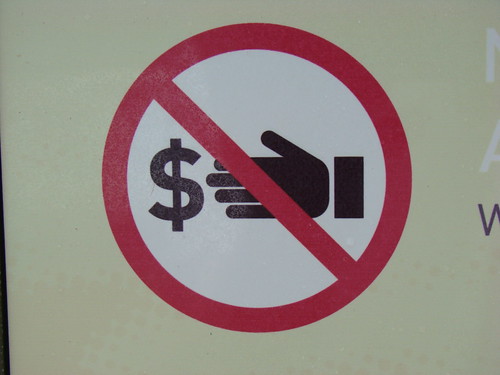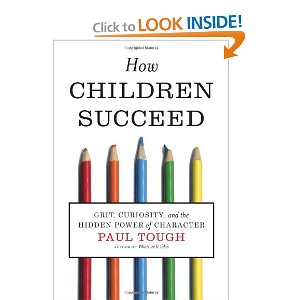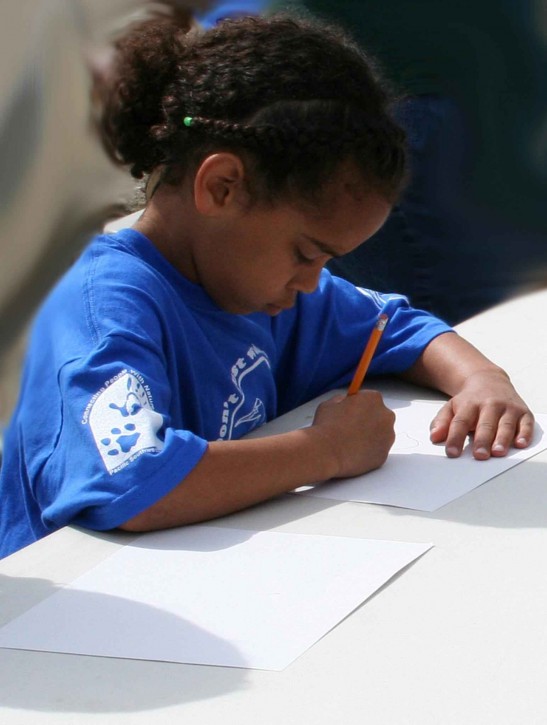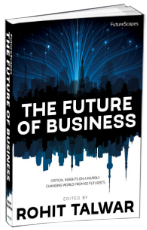[caption id="" align="alignright" width="294"]

Dancing to the beat of their own drums?[/caption]
A whole generation of single children have come of age, revealing some interesting sociopsychological observations. Although China's one-child policy implemented in 1979 has helped curb population growth, their aspiring leaders and innovators are showing some undesirable tendencies that are not as prominent among children with siblings. Only a quarter of Chinese families had single children in 1975 compared with 91 % in 1983. So by comparing children born right before and right after the one-child policy took effect, researchers from Australia National University were able to keep other cohort-dependent variables fairly constant. What they found is that the single children tend to have lower social skills and weaker economic attainment than their slightly older peers with siblings.
The now grown up participants were tested playing various strategic games:
dictator,
trust,
risk and
competition and with follow up surveys. Those who were born after the policies took effect indicated by the results that they were less cooperative, less trusting, more risk aversive and less competitive than the ones who were born before the policy. The researchers were even able to document that the sibling-deprived participants more frequently
demonstrated signs of neuroticism. Social interaction with peers and extended family could not mitigate the sibling effect. The
full study was published in
Science this last January.
 From Left: Lenore Skenazy, Dan Coates, Neil Howe, Mary-Leigh Bliss and Jake Katz[/caption]
Last week I had the opportunity to attend a conference about the generation after the millennials. This entailed the latest stats and survey results from this youngest group of Americans on and an effort to (re)name the youngest generation - the one that is currently called the Homelanders. This event was part of the annual YPulste Mashup and located in New York.
From Left: Lenore Skenazy, Dan Coates, Neil Howe, Mary-Leigh Bliss and Jake Katz[/caption]
Last week I had the opportunity to attend a conference about the generation after the millennials. This entailed the latest stats and survey results from this youngest group of Americans on and an effort to (re)name the youngest generation - the one that is currently called the Homelanders. This event was part of the annual YPulste Mashup and located in New York.


 "Hey guys. I just wanted to ask - just a random question. Uhmm. Am I - like - ugly or pretty?"
- You don't have to dig deep into online archives to find a whole pageantry of kids as young as 10 years old unloading their most personal angst for complete strangers to comment on. And the more insecure they appear, the more likely they seem to attract trolls whose dubious netiquette allows them to filter through comments of this type: "DONT WANT TO SOUND MEAN BUT URE A F***ING DOG." (censoring added). In other words, the ones who most desperately need reassurance from their faceless peers are the ones who are the most likely get bulldozed by the 'Haters'. And rarely do any respondents care to unmask the more existential questions that simmer immediately underneath the Snow White narrative: “Am I likeable? Am I loveable?”
"Hey guys. I just wanted to ask - just a random question. Uhmm. Am I - like - ugly or pretty?"
- You don't have to dig deep into online archives to find a whole pageantry of kids as young as 10 years old unloading their most personal angst for complete strangers to comment on. And the more insecure they appear, the more likely they seem to attract trolls whose dubious netiquette allows them to filter through comments of this type: "DONT WANT TO SOUND MEAN BUT URE A F***ING DOG." (censoring added). In other words, the ones who most desperately need reassurance from their faceless peers are the ones who are the most likely get bulldozed by the 'Haters'. And rarely do any respondents care to unmask the more existential questions that simmer immediately underneath the Snow White narrative: “Am I likeable? Am I loveable?” 




